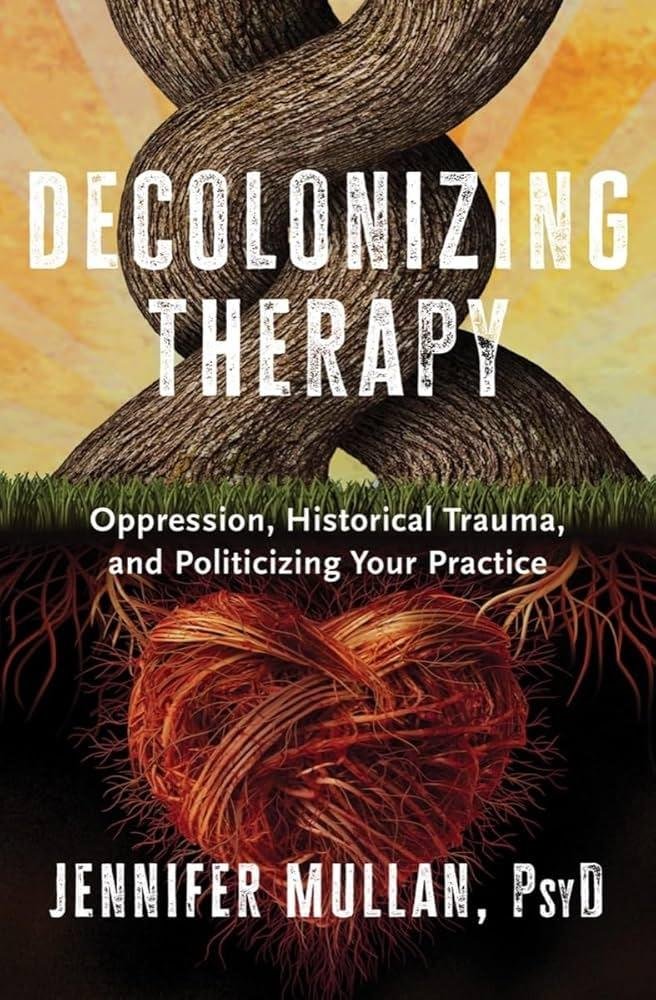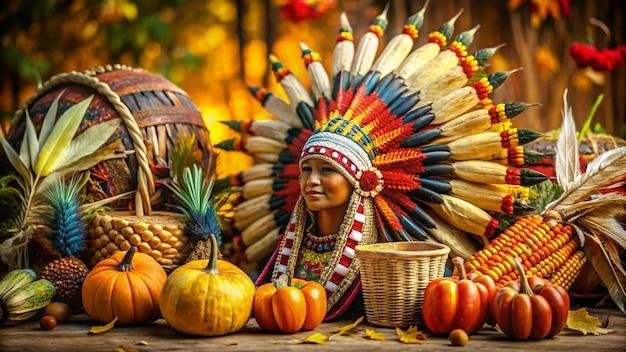In a world draped in the tapestry of historical narratives, the threads of Thanksgiving have often been woven with a bias that obscures the true colors of the past. But now, a chorus of indigenous scholars rises, armed with the palette of truth and the brushstrokes of justice. Their mission? To reclaim the narrative, to paint a canvas where the vibrant hues of lived experiences and perspectives are honored and celebrated.
Unveiling the Real Narrative of Thanksgiving: Indigenous Voices Reclaim Historical Truth
Indigenous Scholars Reclaim the True History of Thanksgiving
For centuries, the dominant narrative of Thanksgiving has been a sanitized tale of unity and harmony between European settlers and Indigenous peoples. However, Indigenous scholars are now reclaiming the true history of this holiday, revealing a more complex and often tragic reality.
Uncovering Lost Perspectives
In the past, Indigenous voices were largely marginalized or ignored in the telling of Thanksgiving’s story. This erasure has obscured the devastating impact that the arrival of Europeans had on Indigenous communities. Through meticulous research and oral histories, Indigenous scholars are now shedding light on the dispossession, disease, and violence that decimated Indigenous populations. They are also highlighting the resilience and resistance of Indigenous peoples in the face of adversity.
Decolonizing the Thanksgiving Myth: Redefining the Holidays Context
Reclaiming the True History
Indigenous scholars are challenging the traditional Thanksgiving narrative that has been passed down for generations. They argue that the story of the Pilgrims and Native Americans sharing a feast of friendship and gratitude is a myth that obscures the true history of colonization and oppression. Instead, they present a more accurate account that recognizes the violence and displacement experienced by Indigenous peoples.
Redefining the Holiday’s Context
By decolonizing Thanksgiving, we can move beyond the harmful stereotypes and create a more inclusive holiday that acknowledges the contributions and struggles of Indigenous communities. This involves reframing the holiday’s focus from gratitude for the harvest to a reflection on the history of colonialism and the ongoing fight for Indigenous rights. It also means recognizing the resilience and strength of Indigenous cultures and celebrating the vibrant diversity that they bring to our societies.
To Wrap It Up
As we bid farewell to this historical retrospect, let us acknowledge the profound impact Indigenous scholars have had in reclaiming the true narrative of Thanksgiving. Their tireless efforts have illuminated the complex and often obscured perspectives that have long remained hidden. May their invaluable contribution continue to inspire a deeper understanding and appreciation of the past, present, and future of this complex and enduring holiday.


